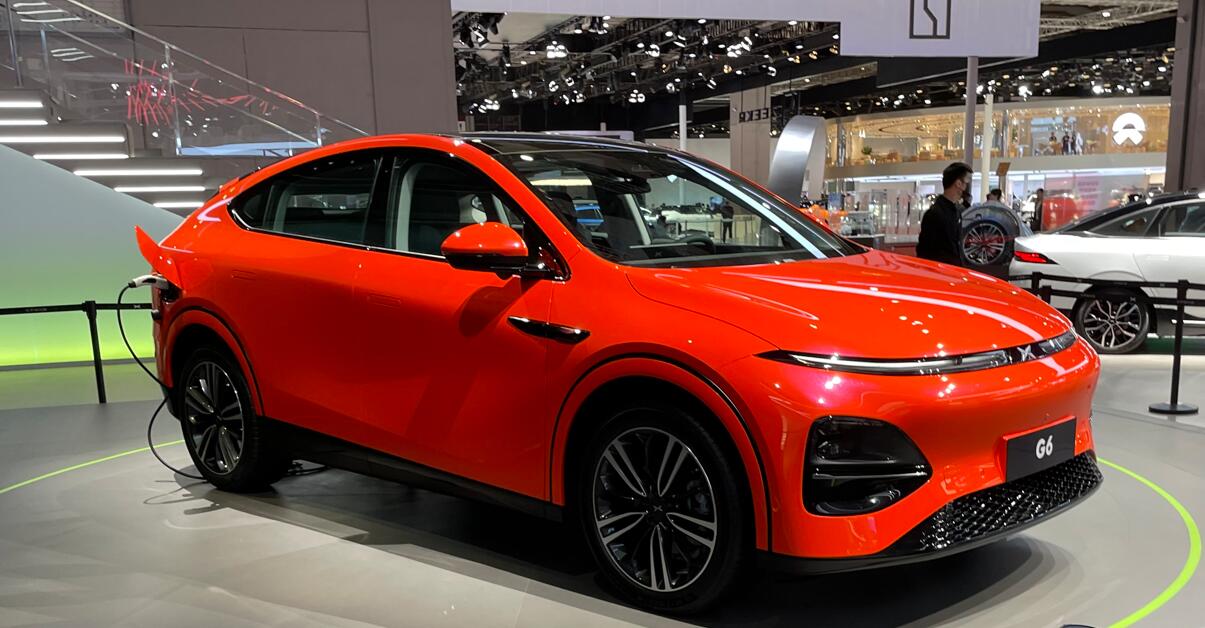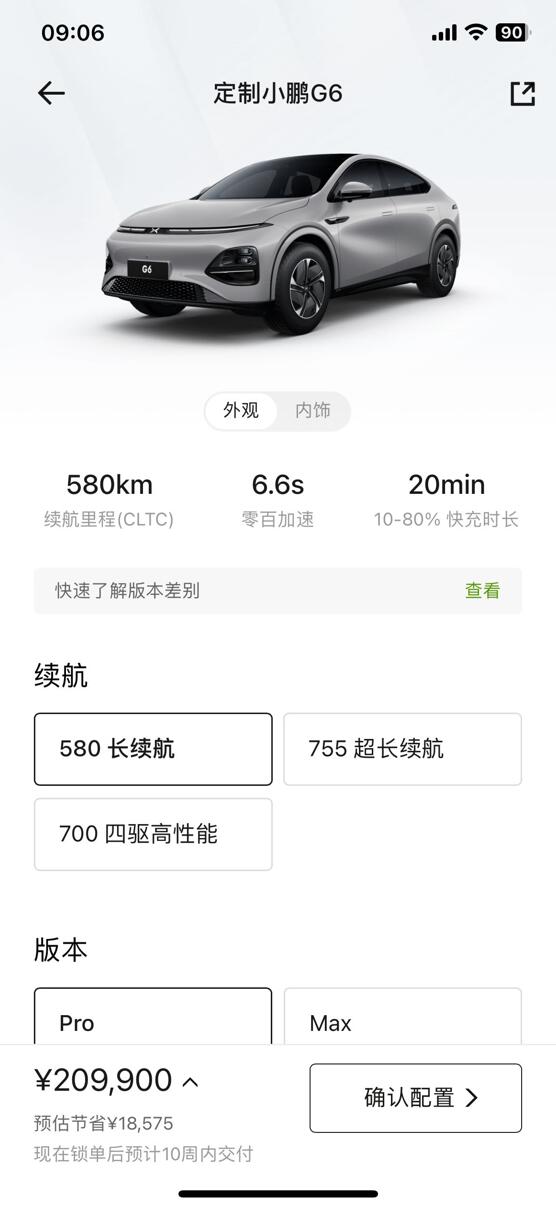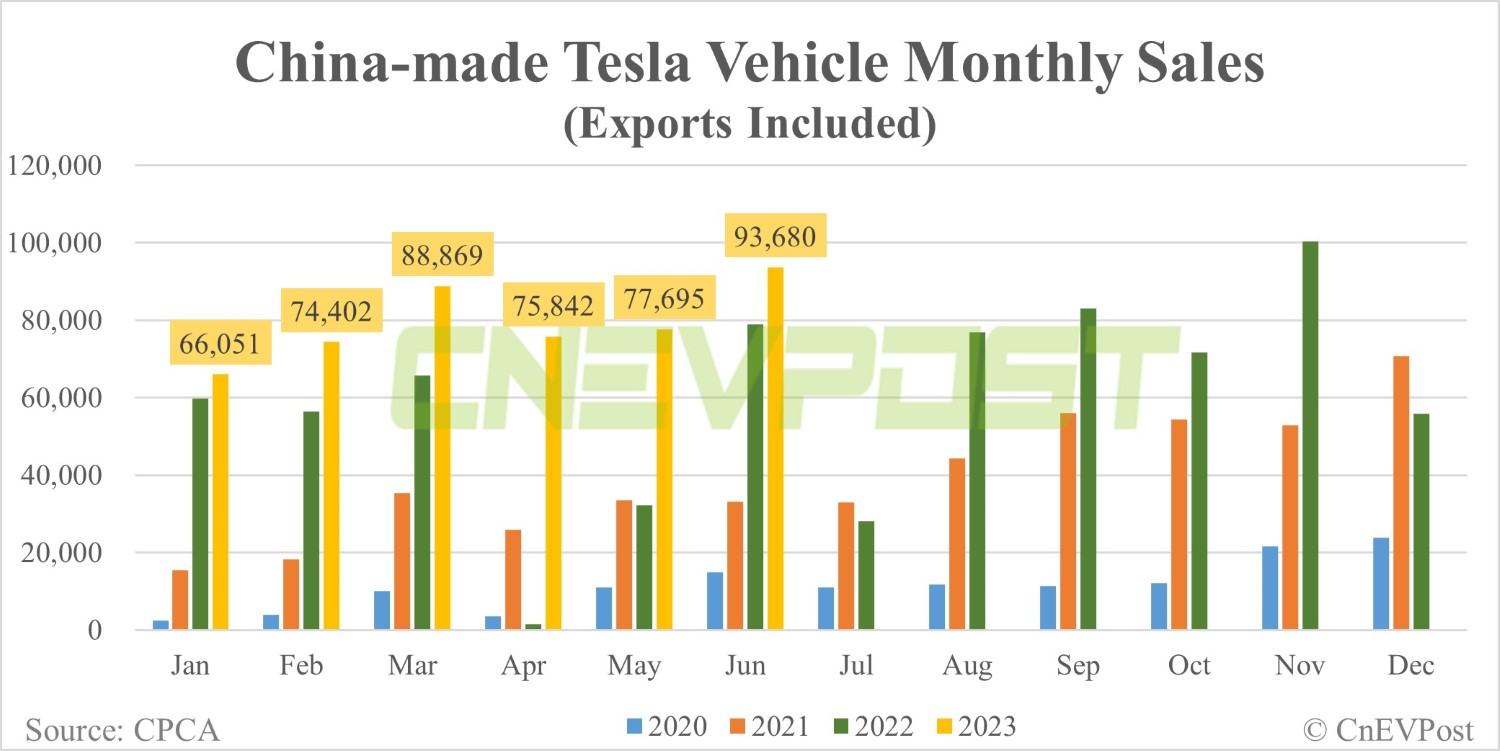Earlier this week, Tesla began notifying some employees on the battery cell assembly lines at the first phase of its plant in Shanghai about that layoff, according to Bloomberg.

(Image: Screenshot from a Tesla China video.)
Tesla (NASDAQ: TSLA) is laying off some battery production workers at its Shanghai plant, amid heavy discounts on cars from all manufacturers, Bloomberg reported today.
Earlier this week, Tesla began notifying some employees on the battery cell assembly lines at the first phase of its plant in Shanghai about the layoffs, the report said, citing people familiar with the matter.
Some employees have been allowed to move to another shop, such as stamping, painting or general assembly, the people said. It's unclear how many battery workers may be let go, or the specific reasons behind the layoffs, according to the report.
Tesla employs about 20,000 people at its Shanghai plant, which can produce about 1 million vehicles a year, the report noted.
While Tesla uses batteries made by LG Energy Solution and CATL in its vehicles, those battery cells must be made into battery modules and packs before they can be installed in the cars, a process that is done for the most part in Tesla's battery workshop.
Some automation equipment that could help replace human labor on the battery production line is in the design and construction stages, one of the people said, according to the report.
The report did not provide more details on the layoff plan, though a local media outlet reported yesterday that more than 50 percent of the phase one battery assembly line workforce would be cut.
The layoffs are partly due to the US government's ban on subsidies for batteries imported from China, requiring local car companies to use US-made batteries, Chinese media outlet Shifang Zhixing said in a report yesterday, citing an insider.
In addition, the ample battery assembly capacity at Tesla's Shanghai plant is also a major reason for the layoffs, according to the report.
The battery assembly line in phase two has a capacity of 870 batteries on a single shift, while the day shift plus the night shift in the two battery plants can provide 3,400 batteries, more than the amount needed for vehicle production, according to the report.
Vehicle manufacturing-related jobs have not been affected by the layoffs yet, after all, Tesla vehicle sales are still strong, the report said.
Tesla sold 93,680 China-made vehicles in June, including exports, the second highest on record after 100,291 in November 2022, according to data released by the China Passenger Car Association (CPCA) on July 4.
Tesla's Shanghai plant produces the Model 3 and Model Y, and their breakdown sales figures are currently unknown.
In May, Tesla sold 42,508 vehicles in China, ranking third in China's new energy vehicle (NEV) market with a 7.3 percent share, according to the CPCA. Tesla's Shanghai plant exported 35,187 vehicles in May.
Model Y retail sales in China in May were 31,054, making it the best-selling SUV in China that month, according to the CPCA's rankings.
From January to May, Model Y retail sales in China were 152,461 units, also the best-selling SUV in China during that period.
Yesterday, 16 car companies, including Tesla, BYD, Nio, Xpeng and Li Auto, signed a pledge in Shanghai to jointly maintain order in China's auto market and not to disrupt fair competition with abnormal prices.
Earlier today, Tesla ramped up referral incentives for the Model 3 and Model Y in China to boost sales of the two models.
Tesla to equip revamped Model 3 in China with CATL's new battery, report says
The post Tesla reportedly laying off some battery workers at Shanghai plant appeared first on CnEVPost.
For more articles, please visit CnEVPost.
















